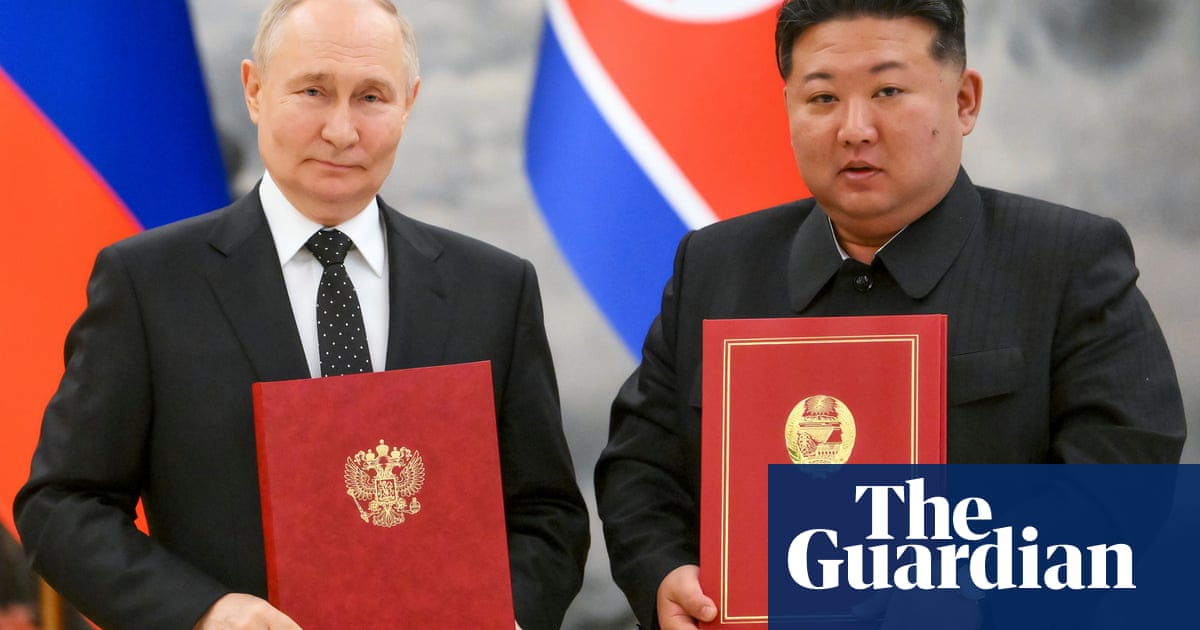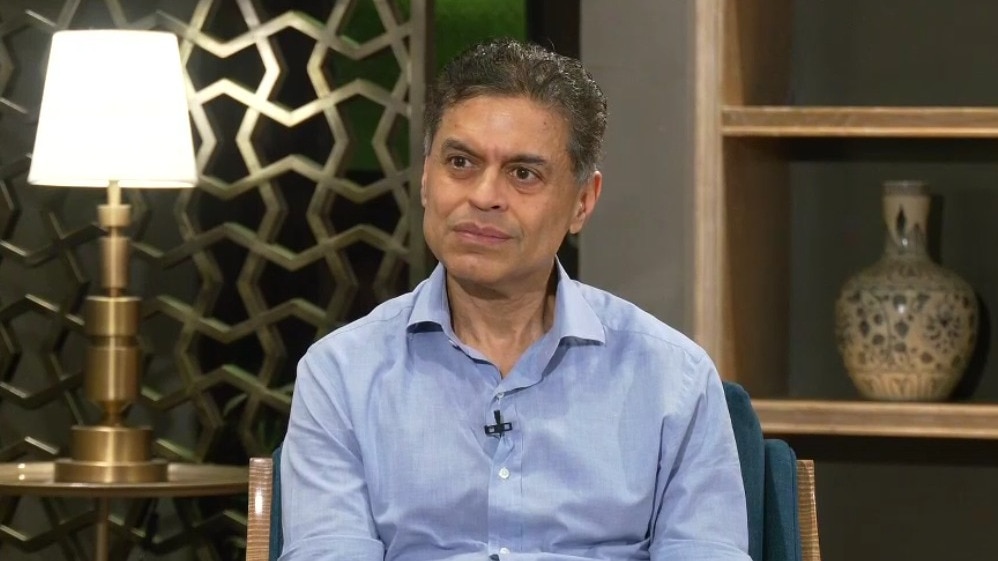Ethel Kennedy, a long-time human rights advocate who endured a series of tragedies that included the assassination of her husband, Robert F Kennedy, and the untimely deaths of two of their 11 children, died on Thursday at the age of 96.

Ethel Kennedy, sought to carry on her husband's work with the founding of the Robert F Kennedy Human Rights centre. (Photo: AP)
Ethel Kennedy, a long-time human rights advocate who endured a series of tragedies that included the assassination of her husband, Robert F Kennedy, and the untimely deaths of two of their 11 children, died on Thursday at the age of 96, her grandson Joseph Kennedy III said in a social media post.
"It is with our hearts full of love that we announce the passing of our amazing grandmother, Ethel Kennedy. She died this morning from complications related to a stroke suffered last week," Kennedy said in a post on X.
Kennedy, who was a devout Catholic, sought to carry on her husband's work with the founding of the Robert F Kennedy Human Rights centre.
She was the mother of former independent presidential candidate and anti-vaccine advocate Robert F. Kennedy Jr., who recently broke from his family's traditional Democratic affiliation to endorse Donald Trump.
Ethel had been by her husband's side throughout his career and was beside him when he lay in a hotel kitchen in 1968, mortally wounded by an assassin's bullet.
Ethel Skakel was introduced to Robert, or "Bobby," by her Manhattanville College classmate - Kennedy's sister Jean - in 1945 on a ski trip. Kennedy was dating Ethel's sister at the time but later took up with her.
They married in 1950 and Ethel proved to be a good fit for the Kennedy clan. Like the Kennedys, her family was wealthy, Catholic and boisterous - although Republican.
By 1956, Ethel and Robert were expecting their fifth child and needed a bigger home. Robert's brother, president-to-be John F Kennedy, sold them Hickory Hill, a 13-bedroom mansion outside Washington in McLean, Virginia, that would become an annex of the romanticised "Camelot" era of the Kennedy presidency.
Hickory Hill served as a town hall, intellectual salon, and zoo, as well as the scene of many touch football games.
The Kennedys were known for their parties, which brought in not only politicians but athletes, artists, executives, and entertainers ranging from Judy Garland to John Lennon. One night there was a poetry writing contest when Robert Frost was a guest and, on another, Harry Belafonte taught guests how to dance the twist.
"Hickory Hill was the most spirited social center in Washington," Arthur M. Schlesinger wrote in "Robert Kennedy and His Times." "It was hard to resist the raffish, unpredictable, sometimes uncontrollable Kennedy parties."
Ethel and Robert were crushed when John was assassinated in Dallas in 1963. Robert resigned as attorney general nine months later to run successfully for a U.S. Senate seat, representing New York. In 1968, he decided to seek the Democratic presidential nomination.
Shortly after midnight on June 5 of that year, Kennedy's entourage was leaving the Ambassador Hotel in Los Angeles, moments after Kennedy had won the crucial Democratic primary. As they were exiting via the kitchen, 24-year-old Sirhan, a Jordanian-Palestinian, shot Kennedy. He cited Kennedy's support of Israel as his reason, and remains in prison to this day.
Ethel, then pregnant with the couple's 11th child, had been separated in the crowd from her husband but managed to reach him as he lay on the kitchen floor. Kneeling, she spoke softly to him and tried to shoo away photographers.
She maintained a near-constant vigil beside him until he died early on June 6. Through it all, witnesses said Kennedy never lost her composure.
Ethel Kennedy also endured other family tragedies. Her parents were killed in a plane crash in 1955, and she lost a brother in a 1966 plane crash.
Son David died of a drug overdose in 1984, while son Michael was killed in a skiing accident in 1997. RFK Jr. had drug problems that led to a heroin arrest and in 2019 her granddaughter Saoirse died after an apparent overdose.
In 2002, Ethel's nephew, Michael Skakel, was convicted of murdering 15-year-old Martha Moxley 27 years earlier in a case that featured in a string of TV documentaries.
Ethel took up many causes championed by her late husband, including fighting poverty, social justice, and protecting the environment. Notable projects included cleaning up Washington's Anacostia River and restoring New York's Bedford-Stuyvesant neighbourhood.
In 2014, President Barack Obama gave her the Presidential Medal of Freedom.
"She is an emblem of enduring faith and enduring hope, even in the face of unimaginable loss and unimaginable grief," Obama said at the ceremony. "As her family will tell you ... you don't mess with Ethel."
Asked in a 2014 NBC interview what had inspired her, Kennedy said: "First, Bobby and his life, and, of course, Jack."
Rory, the Kennedys' youngest child, made a documentary about his mother in 2012. As Ethel contemplated the tragedies of her life, she said: "Nobody gets a free ride."
Published By:
Vadapalli Nithin Kumar
Published On:
Oct 10, 2024

 1 month ago
1 month ago

















